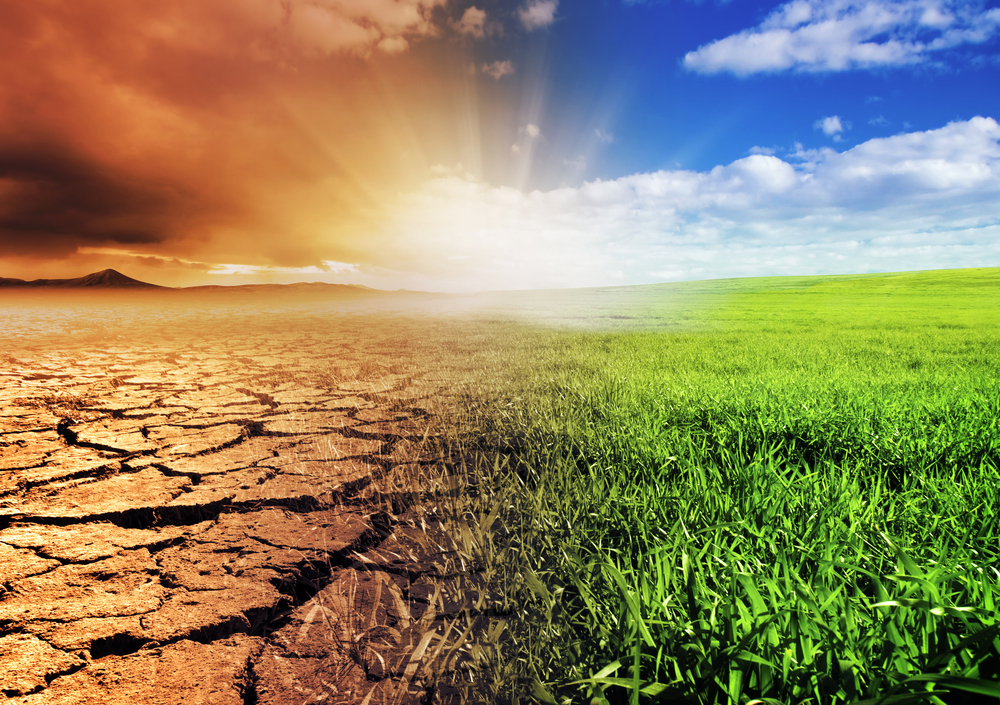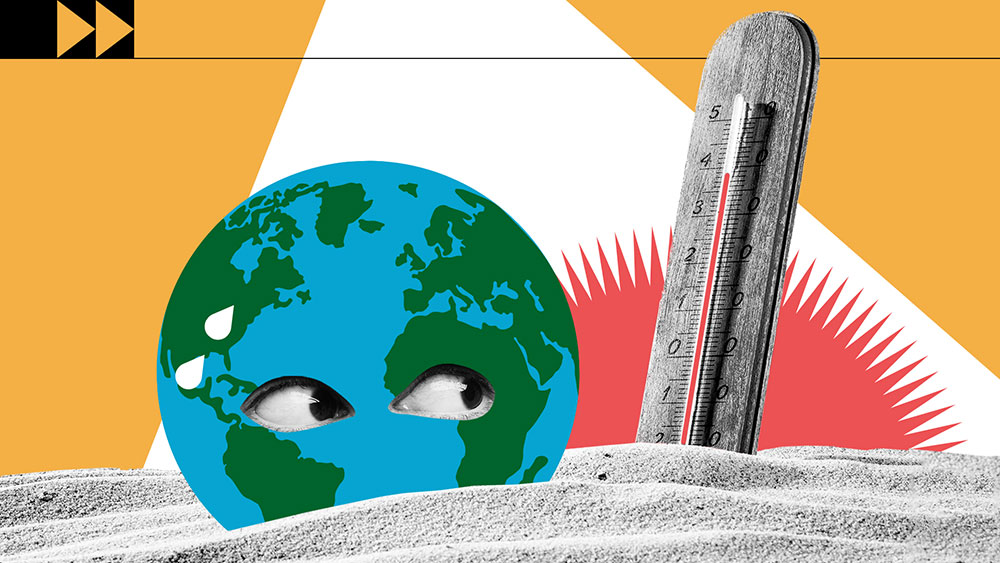Table of Contents
- Nairobi To Host The First Climate Change Global Business Summit On Africa
- Climate Change 101: The Basics
- Future Technology Will Solve Climate Change - Will It? Leonid ...
- Is there an option for states to take the lead on climate change ...
- Lawmakers seek revisions to the DOD climate change report - Homeland ...
- LavOps - Environment, Exploration, Health, Science, and Volunteering
- What Is Climate Change? | United Nations
- Human role in climate change now virtually certain, IPCC report says
- Climate change - AmitaAlmanda
- Conventional climate change analyses “may become useless” - AACC



What is Climate Change?



Causes of Climate Change



Effects of Climate Change
The effects of climate change are far-reaching and varied. Some of the most significant impacts include: Rising sea levels: As the planet warms, glaciers and ice sheets melt, causing sea levels to rise. This can lead to coastal erosion, flooding, and saltwater intrusion into freshwater sources. More extreme weather events: Climate change is linked to an increase in extreme weather events, such as heatwaves, droughts, and heavy rainfall. These events can have devastating impacts on communities and ecosystems. Water scarcity: Changes in precipitation patterns and increased evaporation due to warmer temperatures can lead to droughts and water scarcity, affecting human consumption, agriculture, and ecosystems. Loss of biodiversity: Climate change is altering ecosystems, leading to the loss of habitats and extinction of many plant and animal species.